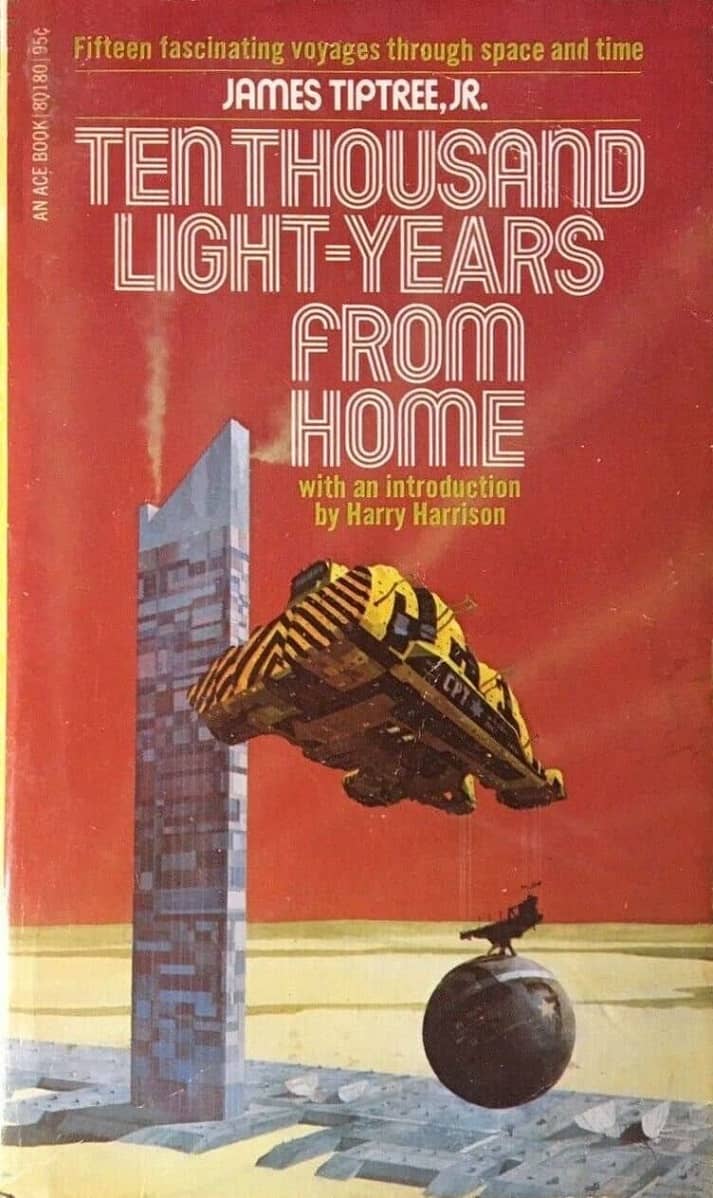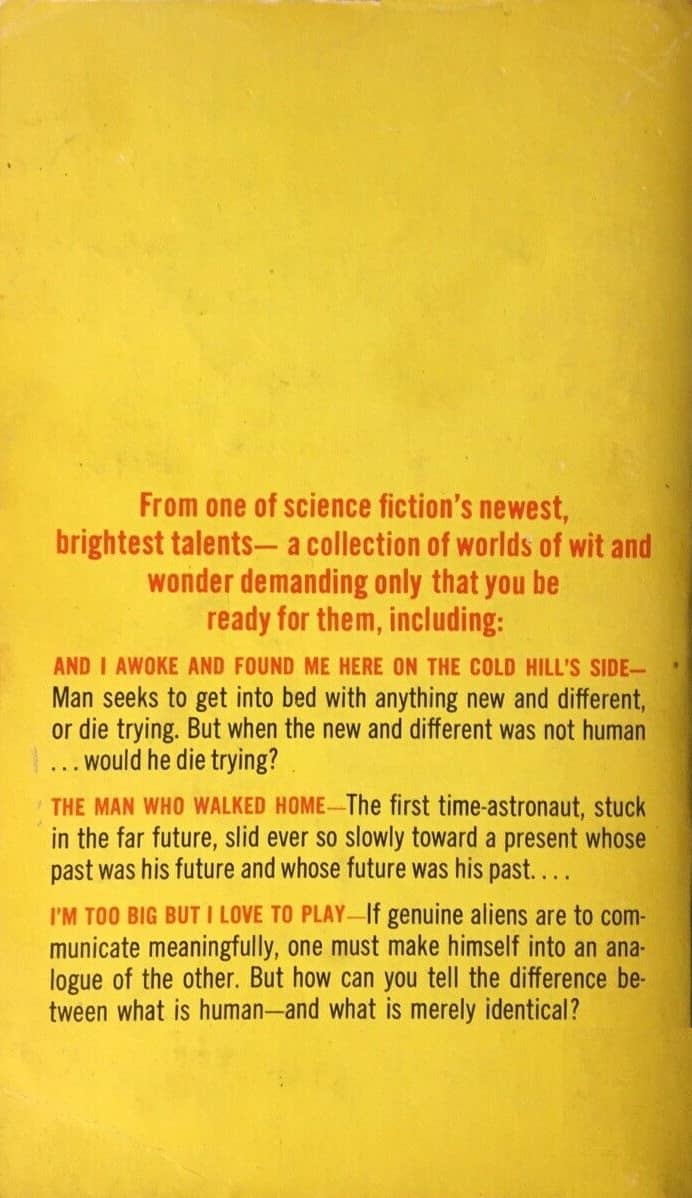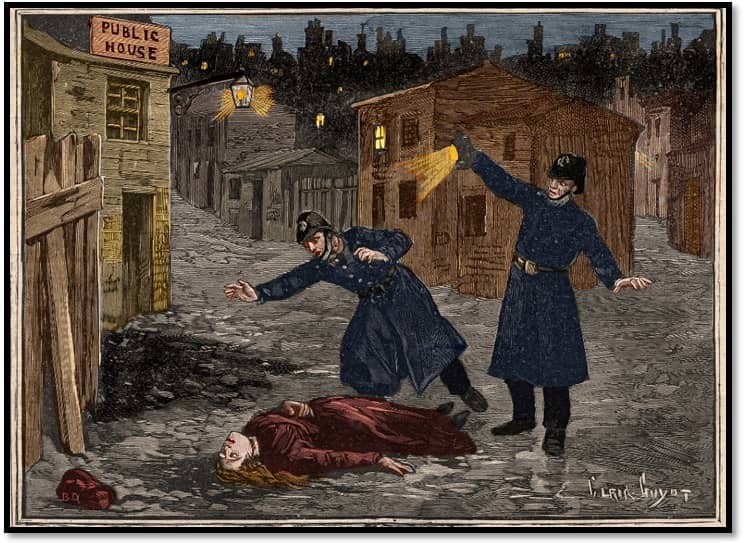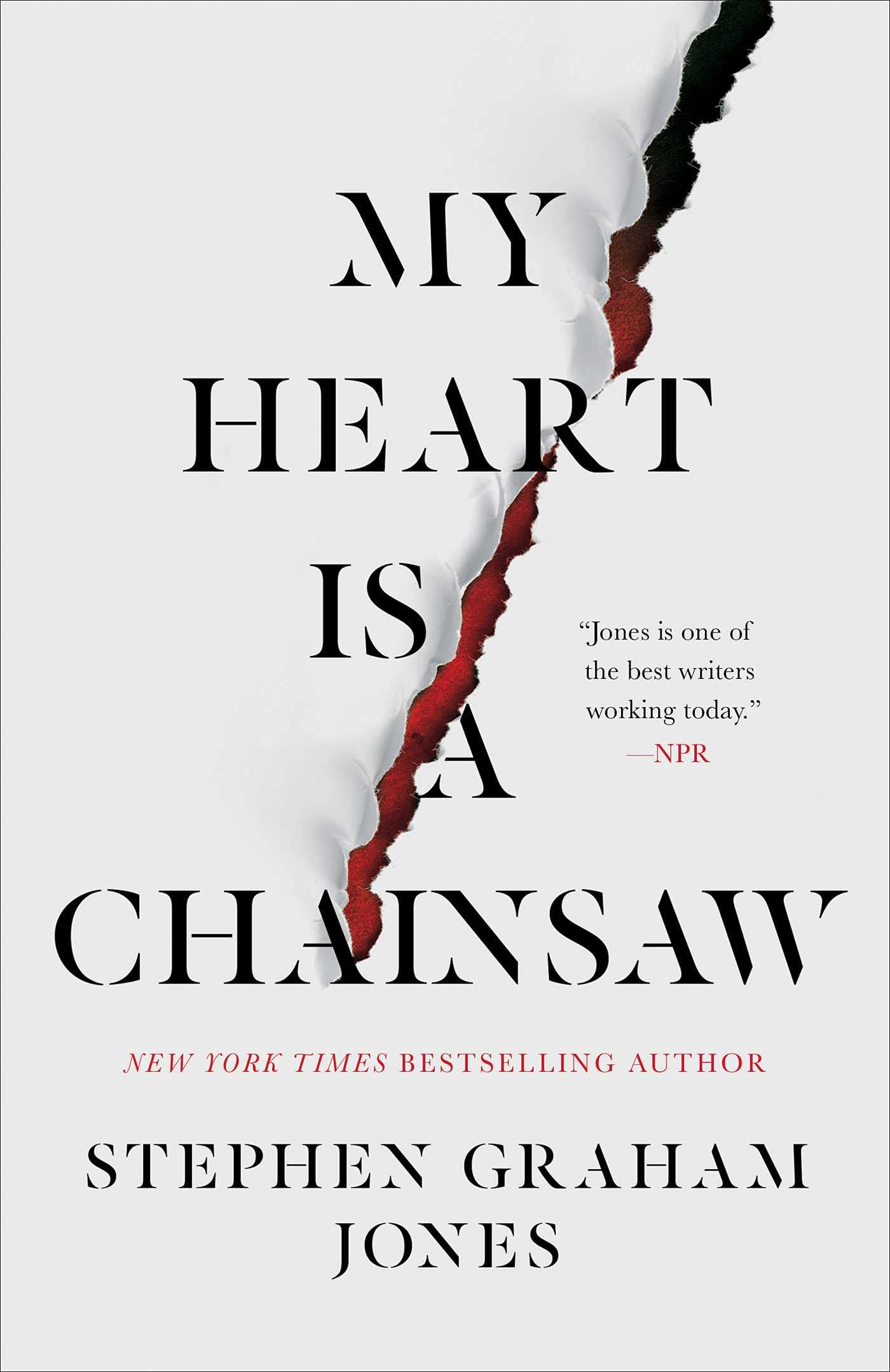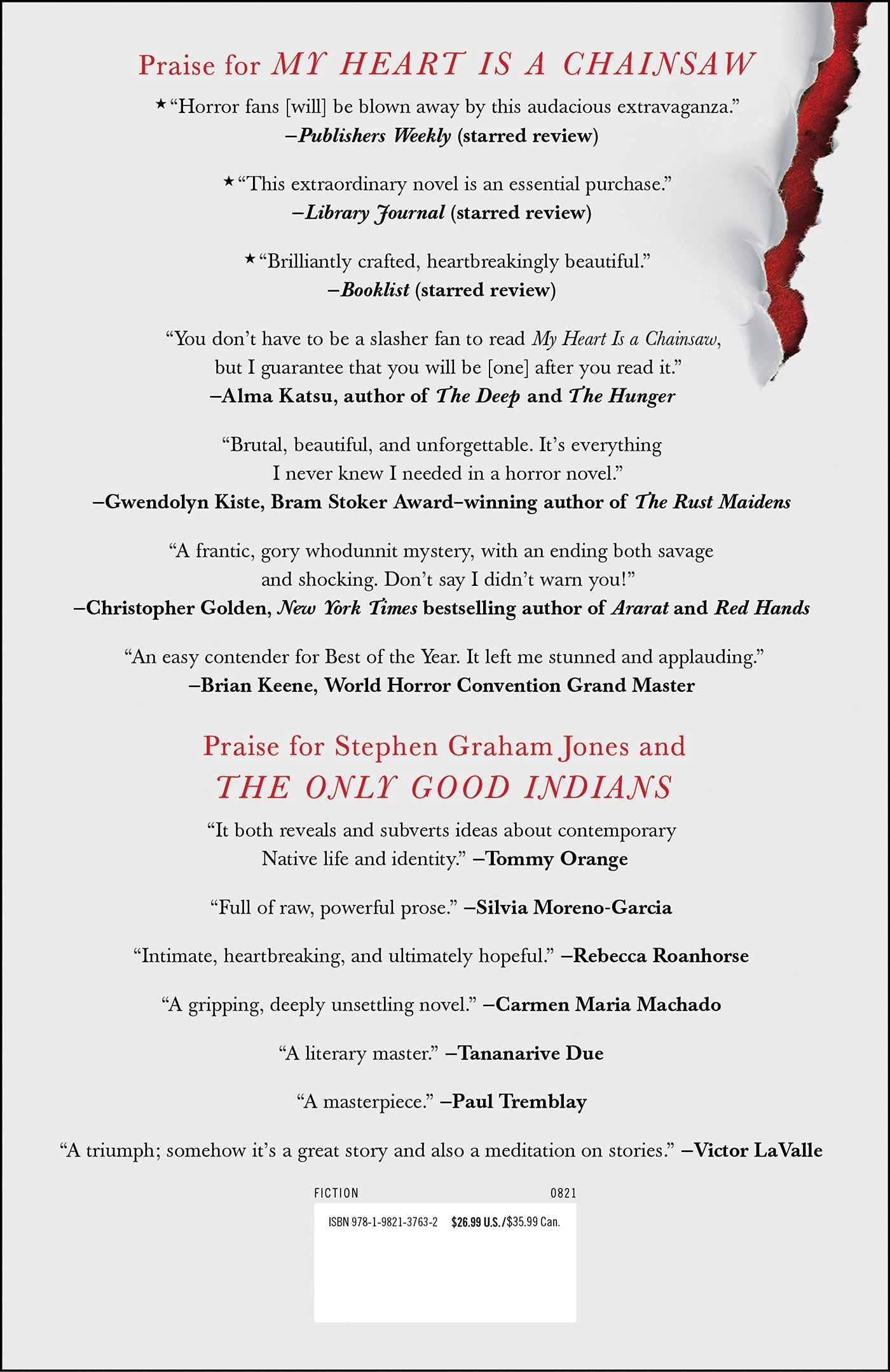“We Don’t See Pure Sword and Sorcery Anymore, So I Wanted to Try to Revive It” – An Interview with John Shirley
A Sorcerer of Atlantis (Hippocampus Press, 2021). Cover by Daniel V. Sauer
John Shirley is a true renaissance man. He won the Bram Stoker Award for his horror tales, has written over 40 books, and has been a lyricist for the legendary Blue Öyster Cult. Mr. Shirley is also a successful screenwriter who has scripted such various Television shows and films as The Real Ghostbusters, Deep Space Nine, and many others. John co-scripted, with David J. Schow, the Brandon Lee film The Crow.
Mr. Shirley was one of the original cyberpunk writers, and penned the classics City Come A-Walkin‘ and the Song Called Youth trilogy. John has also written horror, historical, and men’s adventure novels under a pen name.
John’s latest novel is titled A Sorcerer of Atlantis: with A Prince in the Kingdom of Ghosts. It came out in June from Hippocampus Press. Sorcerer is a 306-page heroic fantasy/Swords & Sorcery novel.
I’ve read it and enjoyed it immensely. If I wanted to give a quick thumbnail blurb I would say that instead of your typical “thud and blunder,” Sorcerers is reminiscent of the type of novels that John Jakes and Fritz Leiber used to pen. But please don’t think that this is simply a pastiche novel. Sorcerers is its own animal, completely modern, and highly original.
Now enough background, let’s get to the good stuff!
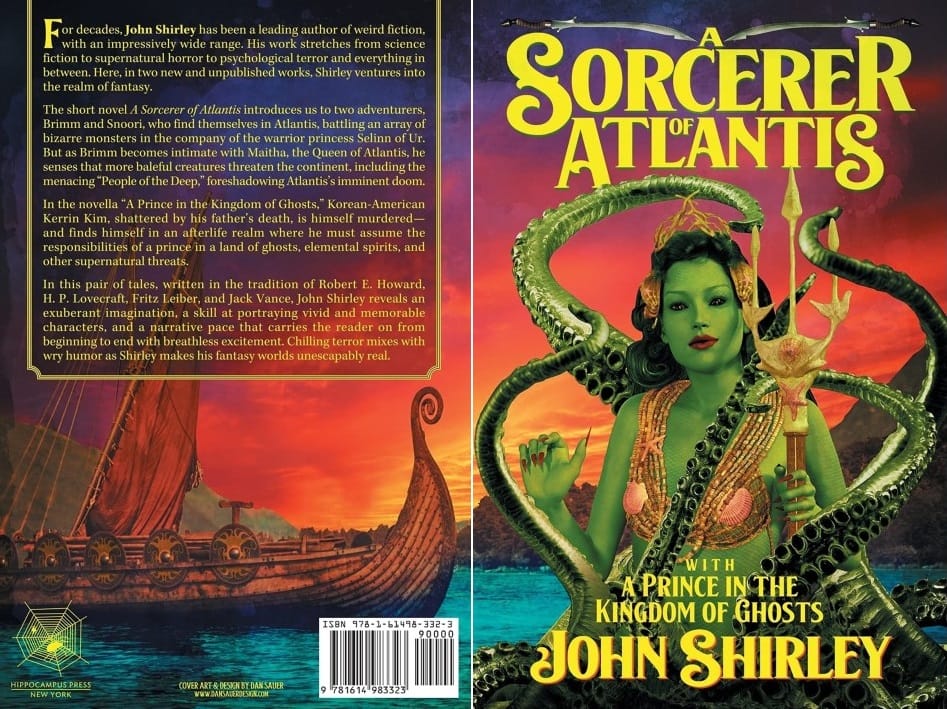
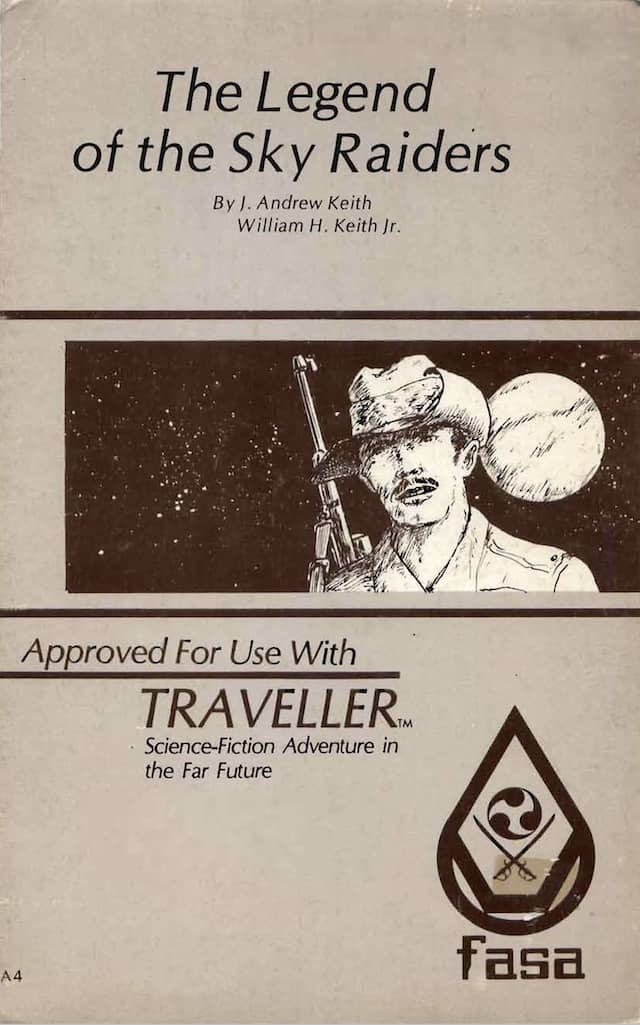
 Among the pleasures of the Fantasia Film Festival are the showcases of short films. Some of these feature-length collections get a new iteration every year, while some come and go depending on what’s submitted to the festival. Fantasia’s programmers have a great sense of how to group shorts together, meaning not only are the annual showcases reliably strong work, but new themes are bound to present work of major interest as well. So one of the things that intrigued me the most when I first saw Fantasia’s 2021 schedule was Radical Spirits, a collection of six short films about (broadly speaking) traditional ways of being and traditional spiritual paths. I decided to make it my second viewing of the festival.
Among the pleasures of the Fantasia Film Festival are the showcases of short films. Some of these feature-length collections get a new iteration every year, while some come and go depending on what’s submitted to the festival. Fantasia’s programmers have a great sense of how to group shorts together, meaning not only are the annual showcases reliably strong work, but new themes are bound to present work of major interest as well. So one of the things that intrigued me the most when I first saw Fantasia’s 2021 schedule was Radical Spirits, a collection of six short films about (broadly speaking) traditional ways of being and traditional spiritual paths. I decided to make it my second viewing of the festival.
 The 2021 Fantasia International Film Festival presented most of its hundred-plus feature films over the internet, some of them streaming at scheduled times, others available across the duration of the festival. (Which ended on the 25th; I ended up watching so many movies during the three weeks the festival ran I didn’t have time to write about them.) Looking at the schedule for August 5th, the first day, I didn’t see anything scheduled that I wanted to cover, and decided to watch some of the on-demand titles. Which raised the question of which film would be the best way to start my Fantasia 2021 experience. After some havering, I made my pick.
The 2021 Fantasia International Film Festival presented most of its hundred-plus feature films over the internet, some of them streaming at scheduled times, others available across the duration of the festival. (Which ended on the 25th; I ended up watching so many movies during the three weeks the festival ran I didn’t have time to write about them.) Looking at the schedule for August 5th, the first day, I didn’t see anything scheduled that I wanted to cover, and decided to watch some of the on-demand titles. Which raised the question of which film would be the best way to start my Fantasia 2021 experience. After some havering, I made my pick.